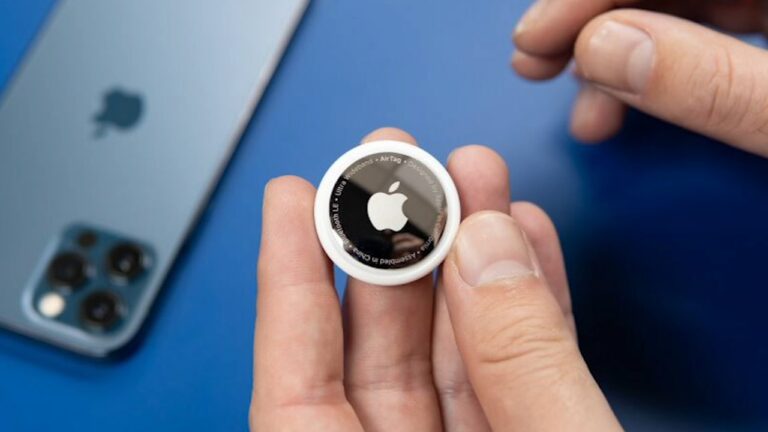Astronauts onboard the International Space Station (ISS) received dozens of bottles of wine as part of an experiment studying the aging of multicomponent liquids during long-term storage in space.
Just one problem: they can’t drink any of it.
There are too many tasks to be completed and potential risks for astronauts to unwind with a glass of wine, or any alcohol for that matter.
The experiment left a bottle of the same wine on Earth so they could study the differences after one year in space. The biggest requirement of the study is that the two bottles are kept at the same temperature.
I’ve wondered about the aging of wine in space for a while now. Could it be possible to age a bottle of wine by sending it into space? How far would the bottle have to travel in order to age it enough to make it worth it? Would it ever be feasible, if technology could make the travel cheaper?
There are two ways time can be affected relative to the Earth: through high speed and through decreased gravity. Crunching the numbers could lead to an interesting short story, and an interesting business model, if and when the cost of space travel drops to levels low enough to make the business worth it.
The trick would be to take advantage of gravitational time dilation, which would speed clocks up. If they are traveling at high speed, the resulting time dilation would be because of special relativity, making the clock slow down on board the moving craft and making the experiment pointless.
This could be an interesting short story, or full blown novel, about a space program completely fueled by the consumption of alcohol.


